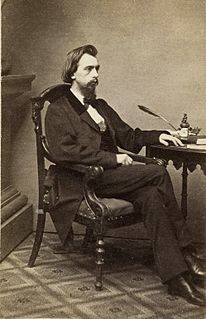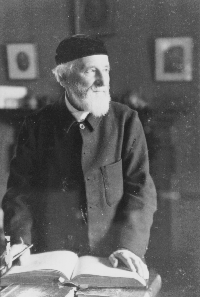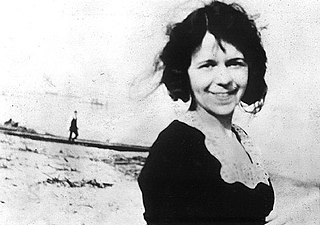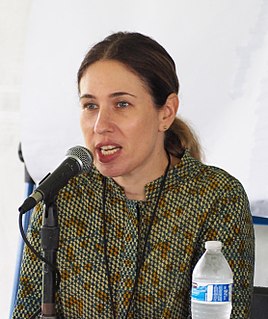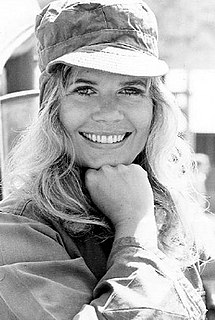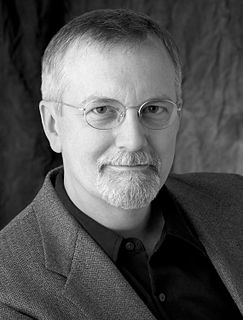A Quote by John George Nicolay
The death of Mrs. Lincoln was a serious loss to her husband and children. Abraham's sister Sarah was only eleven years old, and the tasks and cares of the little household were altogether too heavy for her years and experience.
Related Quotes
For years following the death of my mother, I wanted to write about her. I started writing what I thought of as personal essays about growing up as her child, but I never could finish any of them. I think I was too close to that loss, and too eager to try and resolve things, to make her death make sense.
A mother experiences more than one death, even though she herself will only die once. She fears for her husband; she fears for her children; again she fears for the women and children who belong to her children. ... For each of these-whether for loss of possessions, bodily illness, or undesired misfortune-she mourns and grieves no less than those who suffer.
Rage swept over her at being young, young and little, as if some evil fairy had put that spell on her. Why must you be locked up in this dreadful cage of childhood for twenty or a hundred years? Nothing in life was possible unless you were old and rich, until then you were only small and futile before your tormentors, desperately waiting for the release that only years could bring.
A beloved student of mine told me she believed the earth was approximately 6,000 years old. She was smart, she was thoughtful, and she was wrong. But I couldn't discount her - I respected her too much. So I debated with her, using every bit of science and logic I had, but I still failed to convince her that the earth was billions of years old.
Will's face turned grave. "Be careful with it, though. It's six hundred years old and the only copy of its kind. Losing or damaging it is punishable by death under the Law." Tessa thrust the book away from her as if it were on fire. "You can't be serious." "You're right. I'm not." Will leapt down from the ladder and landed lightly in front of her. "You do believe everything I say, though, don't you? Do I seem unusually trustworthy to you, or are you just a naive sort?
Hot Lips changed a lot in eleven years. Initially, Margaret Houlihan behaved as though a man were the only thing that could complete her life, and she didn't see what richness her life contained. She gained a lot of self-esteem through the years, and she came to realize that what she did, what she offered, was valuable.
And so when Mrs. Darling went back to the night-nursery to see if her husband was asleep, all the beds were occupied. The children waited for her cry of joy, but it did not come. She saw them, but she did not believe they were there. You see, she saw them in their beds so often in her dreams that she thought this was just the dream hanging around her still.
During the years I was on the board of directors of the National Organization for Women in New York City, the most resistant audiences I ever faced in the process of doing corporate workshops on equality in the workplace were not male executives - they were the wives of male executives. As long as her income came from her husband, she was not feeling generous when affirmative action let another woman have a head start vying for her husband's (her) income.
